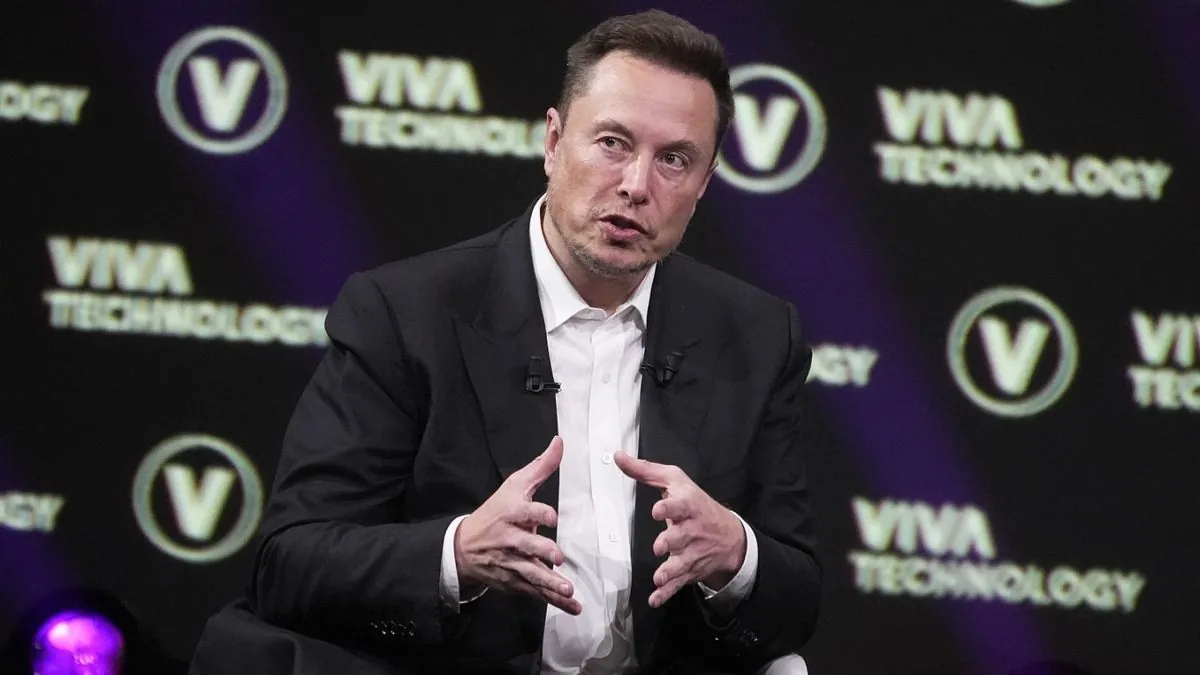Elon Musk, the 53-year-old billionaire and owner of X (formerly Twitter), recently found himself at the center of controversy after posting and subsequently deleting a contentious statement regarding assassination attempts on political figures. The incident has reignited debates about free speech and responsibility on social media platforms.
The controversial post, which was in response to a question about potential threats to former President Donald Trump, suggested that no one was attempting to assassinate current President Joe Biden or Vice President Kamala Harris. This statement came in the wake of an alleged assassination attempt on Trump during a golf outing.
Following widespread criticism, Musk removed the post and offered an explanation:
"Well, one lesson I've learned is that just because I say something to a group and they laugh doesn't mean it's going to be all that hilarious as a post on X."
The White House swiftly condemned Musk's original post. Spokesperson Andrew Bates stated, "Violence should only be condemned, never encouraged or joked about. This rhetoric is irresponsible."
This incident is not isolated, as Musk has a history of making controversial statements on the platform he acquired for $44 billion in 2022. Last week, he faced backlash for making an inappropriate joke about singer Taylor Swift. In August 2024, the British government criticized him for posts that potentially inflamed violent unrest in the country.
Musk's actions on X have often been scrutinized since his acquisition of the platform. He has stated that his motivation for buying Twitter was to protect free speech, which he considers "extremely important to the future of civilization." However, his approach has raised questions about the balance between free expression and responsible platform management.
The tech mogul's influence extends far beyond social media. As the founder of SpaceX and CEO of Tesla, Musk has been a driving force in space exploration and electric vehicle innovation. His ambitious projects include plans for Mars colonization and the development of brain-computer interfaces through Neuralink.
Sarah Kreps, director of Cornell University's Tech Policy Institute, provided insight into Musk's behavior: "Musk has long been trying to push the boundaries of free speech, in part by engaging in impulsive, unfiltered comments on a range of political topics."
As discussions continue about the role of social media in public discourse, this incident serves as a reminder of the complex interplay between free speech, platform policies, and the responsibilities of influential figures in the digital age.
